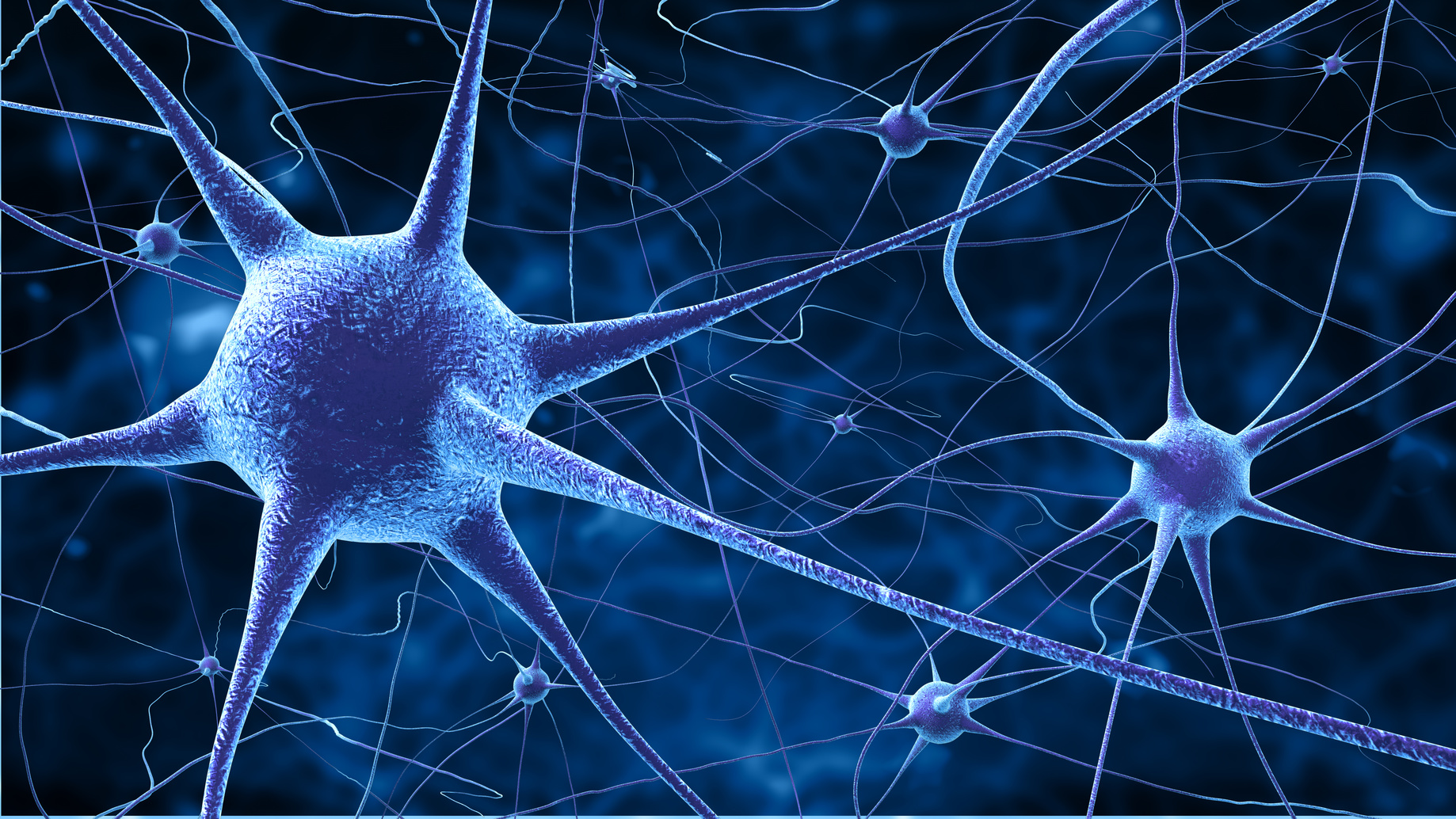Neurogenesis in adult brain. A challenge for Alzheimer's patients
What happens if, at a given moment in our lives, our brain stops generating new neurons?
What if this happens in some parts of the brain rather than others?
The hippocampus is a small structure, located within the medial temporal lobe of the brain. As part of the limbic system, the hippocampus is involved in the encoding and storage of memory, and therefore, it is also one of the most affected areas in Alzheimer's disease (AD)
Evidence of altered AHN (Adult Hippocampal Neurogenesis) was studied in a recent study published by Nature Medicine, where the authors compared the brains of people who, when alive, had complete brain function and intact memory compared to that of people who died in the presence of different stages of Alzheimer's disease.
It has become established that the brains of people with Alzheimer's show little or no sign of new neurons in the hippocampus as the disease progresses.
It is suggestive to think that if an altered AHN could be detected in the living brain - this could be an early indicator of the onset of Alzheimer's disease.
If it were ever possible to promote new neuronal growth it would be a great step forward to prevent or perhaps cure this serious disease of old age and could be susceptible to new therapeutic strategies.
- https://www.nature.com/articles/s41591-019-0375-9
- http://www.lescienze.it/news/2018/03/09/news/cervello_adulto_dubbio_nuovi_neuroni-3897221/
